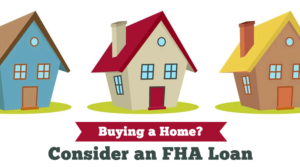
July 25, 2024
HUD Proposes Final Rule on Sale of Delinquent FHA Mortgages
The U.S. Department of Housing and Urban Development (HUD) has proposed a new rule to oversee the sale of delinquent single-family mortgage loans insured by the Federal Housing Administration (FHA). This initiative aims to increase the availability of affordable housing and enhance community stability. According to HUD.giv, this move is part of the Biden-Harris Administration’s commitment to “expanding affordable housing options,” and the proposed rule is intended to assist struggling homeowners. Assistant Secretary for Housing and Federal Housing Commissioner Julia Gordon was quoted in a HUD press release about the proposed rule. Gordon notes the proposed rule is meant to create stability. It establishes standardized regulations for future delinquent home loan sales and prioritizes neighborhood stabilization. HUD has been experimenting with selling off delinquent mortgages since 2002. The July 2024 | more...








